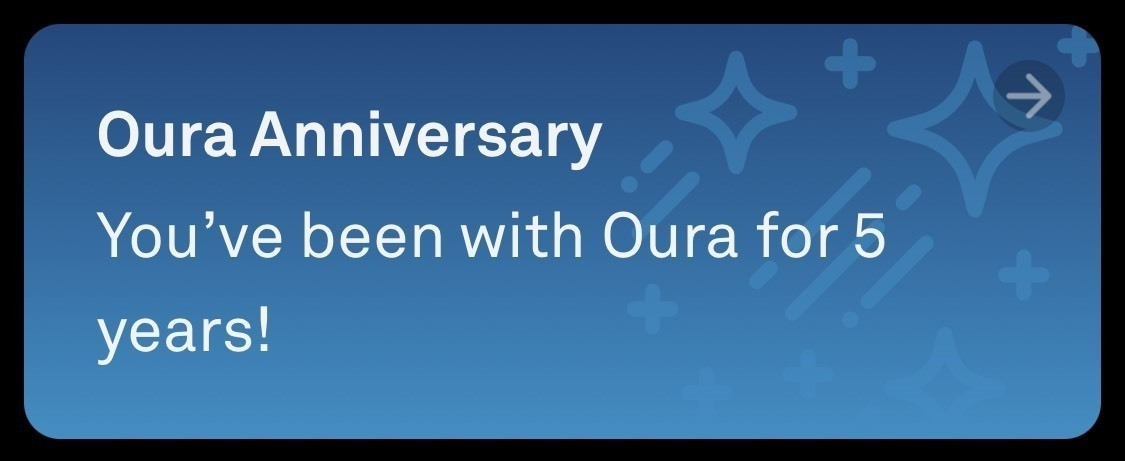Start with a simpler version of the task to boost your confidence; then move on to a more challenging one
This approach is related to the concept of self-efficacy, which means believing that you can perform certain tasks. If you first succeed with an easy task, you gain more confidence and prepare yourself for bigger challenges. By gradually building your skills and confidence step by step, you improve your self-confidence.
The idea is that each small victory contributes to your self-confidence. When you do something that is within or just outside your comfort zone, you slowly expand your comfort zone. This means you grow by challenging yourself with things that are just a bit more difficult than what you are used to. In this way, you improve your skills and self-confidence step by step. This is similar to the principle “Fake it till you make it,” where by practicing, you eventually become truly capable of doing something.










